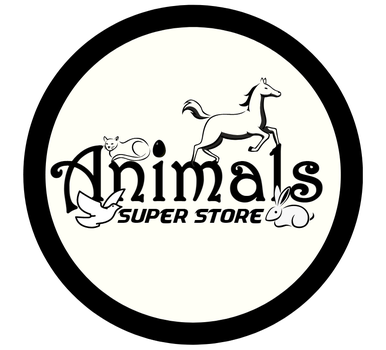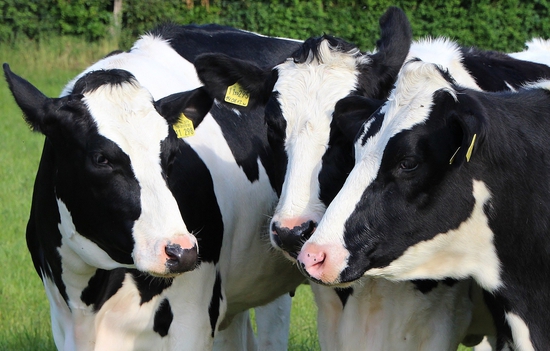
Dairy farming
What is dairy farming?
- Dairy farming is a class of agriculture for long-term production of milk, which is processed (either on the farm or at a dairy plant, either of which may be called a dairy
- The objective of good dairy farming practice is the on-farm production of safe, quality milk from healthy animals under generally acceptable conditions.
- Global demand for dairy continues to increase in large part due to population growth, rising incomes, urbanization and westernization of diets in countries such as China and India.
- There are lots of new and established dairy farms available worldwide.
- Animals which are utilized for milk production in dairy farms are called dairy animals.
- The challenge we have is cutting through all the rhetoric and false marketing to show those outside our industry why they should still believe in dairy.
- Accurately identifying individual-cow milk production and components can help you better understand the performance of your herd and identify opportunities to adjust management areas on your farm. Nedap understands farmers are faced with the struggle of mastitis incidences and continuously looking for ways to improve cow milk production. We want you to win at both.
- When we look into our history, we know that centralized farming existed in most of the villages and cities. Many residents had enough land to keep cows and sell milk to their neighbors.
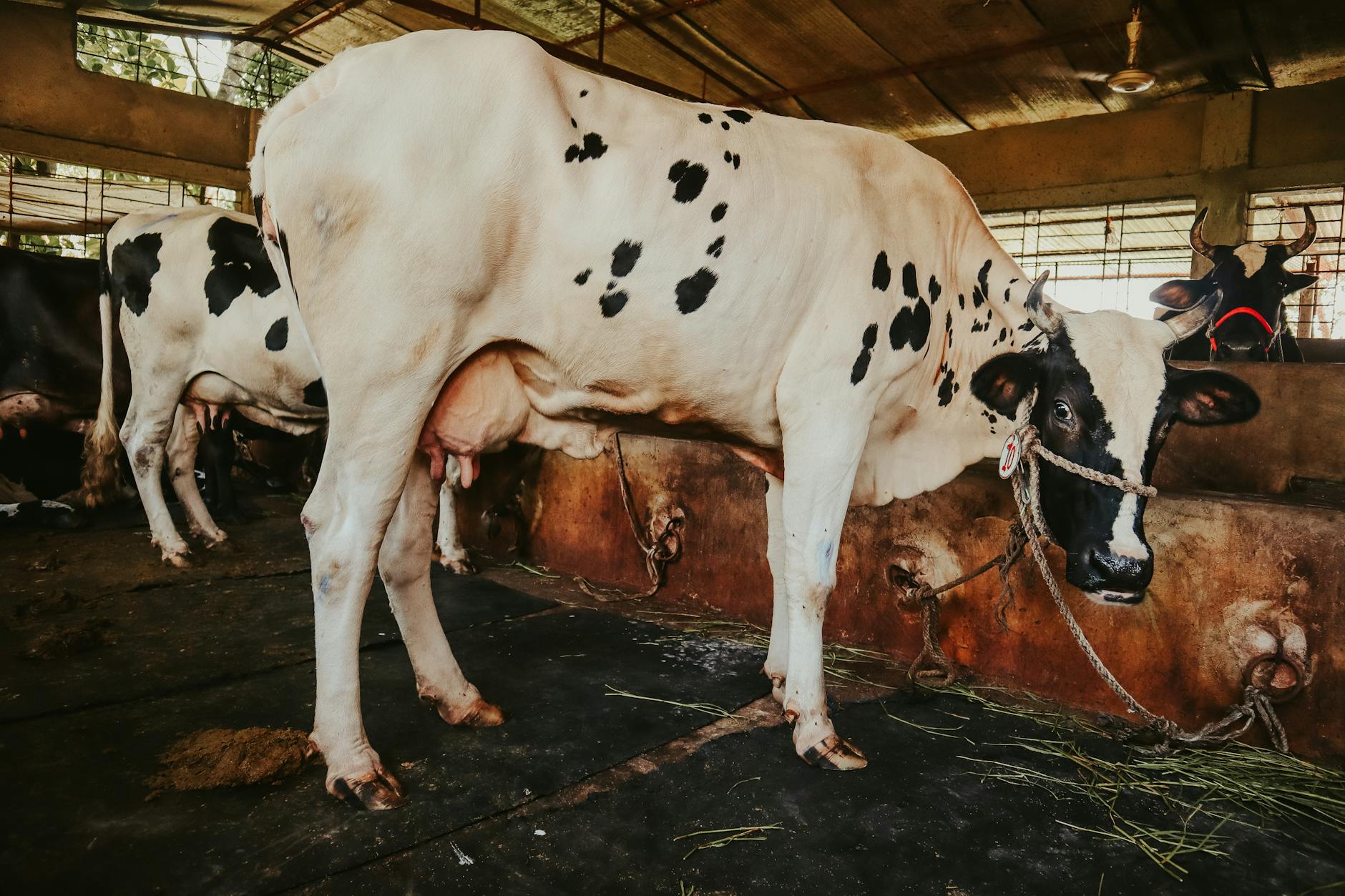
Cow or buffalo Which is better for dairy farming
- Buffalo is expensive as compared to cow.
- And the cow gives more milk than fear.
- If you want to do low capital dairy farming, then it is better for them to rear cow than buffalo.
- A good cow comes at the price of a good buffalo.
- Buffalo eats more fodder than cow, so keeping a cow would be better for business.
- Cow is more beneficial. Therefore, raising a cow is a good option in milk production.
- Fat content of buffalo milk is more in comparison to CB Cows (6-9%)
Advantage of dairy farming
- Cow dung is good organic manure it increases soil fertility.
- You don’t need to worry about marketing the products because it is a traditional business so you can sell the products easily.
- Nutrition and nutrient management interventions can improve the use of dairy resources, increasing both economic and environmental sustainability.
- In fact no other business can guarantee such returns as does the dairy farming.
- There’s no requirement for extraordinary shops and expenses of marketing are moreover low for any dairy products.
- As a result, larger farms are more likely to realize positive net financial returns to milk production, even though their average revenues per hundredweight of milk produced are, on average, somewhat smaller than the revenues of smaller farms.
- Your business will also benefit from being able to future-plan for seasonal and market fluctuations, optimise production and improve value.
- The initial investment in dairy farming business is low in comparison to other Industry
- It is environment-friendly. Pollution risk from dairy farming business is very low.
- The demand for milk product is increasing rapidly.
- Cow dung is good organic manure it increases soil fertility.
- Cow dung can be used for the production of biogas. Slurry from biogas can be used for vermi -composting
- The risk from animal death can be reduced by insuring cows in dairy farming business
Disadvantage of dairy faming
- When we look into our history, we know that centralized farming existed in most of the villages and cities. Many residents had enough land to keep cows and sell milk to their neighbors.
- Cows take about nine months to give birth to a calf and would look after them from seven months to one year.
- not getting the right price of milk
- The fees of private veterinarians are high, the medicine should be more expensive, nor is it the biggest loss for the dairy farmers.
- Bad behavior for loans in banks for dairy farms.
- There should be no excess of government animal doctor.
Indigenous dairy breeds of cattle
1. Gir
Daily milk average: 10 to 15 litre
Cost: 30,000 to 40,000 INR
Other names: Bhodali, Desan, Gujarati, Kathiawari, Sorthi, and Surati
- The breeding tract of the breed includesSaurashtra region of Gujarat.
- The Gir or Gyr is one of the principal Zebu breeds originating in India.
- The Gir cattle are very gregarious and form a very close circle at night with their calves sleeping under their heads.
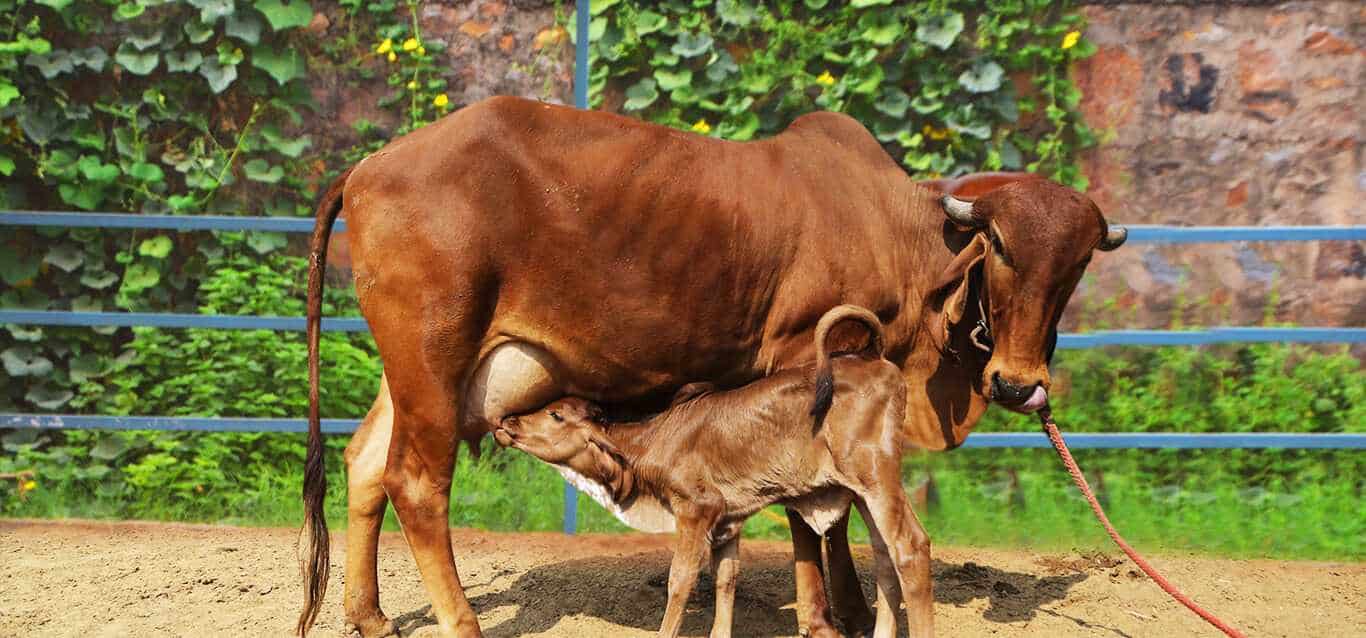
2. Red Sindhi
Daily milk average: 10 to 15 litre
Cost: 50,000 to 70,000 INR
Other names: Malir, Red Karachi and Sindhi
- It is considered that breed is evolved from Las Bela cattle of Bela, Baluchistan.
- with the higher milk production found in temperate regions.
- therefor the breed have been imported by more than 20 countries.

3. Sahiwal
Daily milk average: 10 to 15 litre
Cost: 65,000 to 80,000 INR
Other names: mint kumre
- Sahiwal cattle are a breed of zebu cow, named after an area in the Punjab, Pakistan.
- The Sahiwal was exported to Australia via New Guinea in the early 1950’s. In Australia, the Sahiwal was initially selected as a dual-purpose breed.
- It is the most promising breed, producing the most milk, followed by the Red Sindhi and Butana varieties, which are extremely similar.

4. Deoni
Daily milk average: 2 to 3 litre
Cost: 32,000 to 65,000 INR
Other name: Dongerpati, Dongari, Wannera, Waghyd, Balankya, Shevera.
- Originated in Marathwada region of Maharashtra state and adjoining part of Karnataka and western Andhra Pradesh states.
- Body colour is usually spotted black and white.
- The Deoni is an Indian breed of draught cattle.

Indigenous Draught breeds of cattle
1. Amritmahal
Daily milk average: 2 to 3 litre
Cost: 100,000 to 300,000 INR
Other name: Doddadana, Jawari Dana and Number Dana.
- Their head is elongated with a ridge in the middle and a bulging forehead.
- The breeding tract includes Chikmagalur, Chitradurga, Hassan, Shimoga, Tumkur and Davanagere districts of Karnataka.
- Amritmahal is a draught breed of cattle that had been developed from the Hallikar breed of Karnataka.
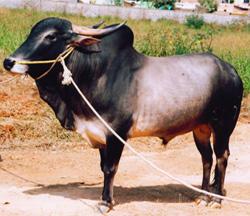
2. hallikar
Daily milk average: 1 to 3 litre
Cost: 10,000 to 30,000 INR
Other name: none
- he breeding tract comprises Mysore, Mandya, Bangalore, Kolar, Tumkur, Hassan and Chitradurga districts of Karnataka.
- The breed is said to be the origin of Amrit Mahal cattle.
- The Hallikar cattle are a Bos indicus breed of cattle selected primarily for draft purposes.

3. Umblachery
Daily milk average: 2 to 5 litre
Cost: 10,000 to 30,000 INR
Other name: Jathimadu, Mottaimadhu, Molaimadhu, Southern, Tanjore and Therkuthimadhu
- A noted draught cattle breed of Tamil Nadu, Umblachery is famous for its sturdiness and strength.
- It was bred for draught work, particularly in the rice paddies of the area.
- The teats are small and well set apart.
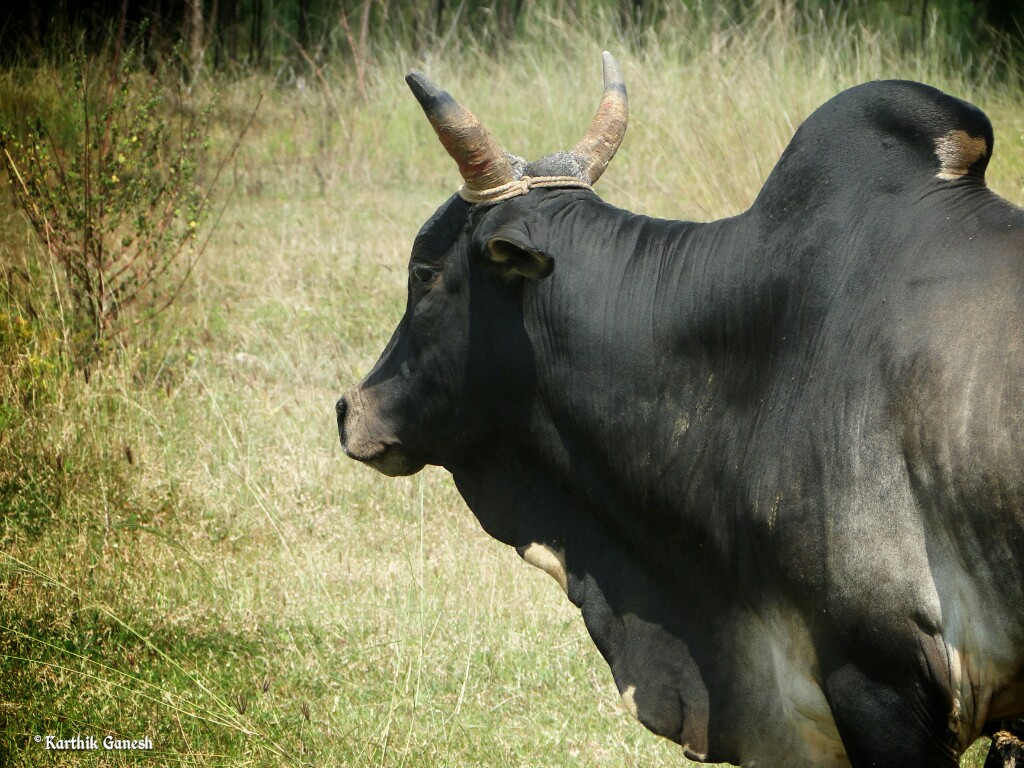
Types of buffalo
1. Murrah
Daily milk average: 15 to 19 litre
Cost: 55,000 to 135,000 INR
Other names: Delhi, Kundi, and Kali
- The breeding tract of “Murrah” includes Hisar, Rohtak, Gurgaon and Jind district of Haryana and Delhi.
- Their eyes are black, active, and prominent in females, but slightly shrunken in males and should not be walled, the cornea should not have whiteness.
- Primarily demanded for increased milk production, these Murrah Buffaloes yield milk that is high on butterfat content.
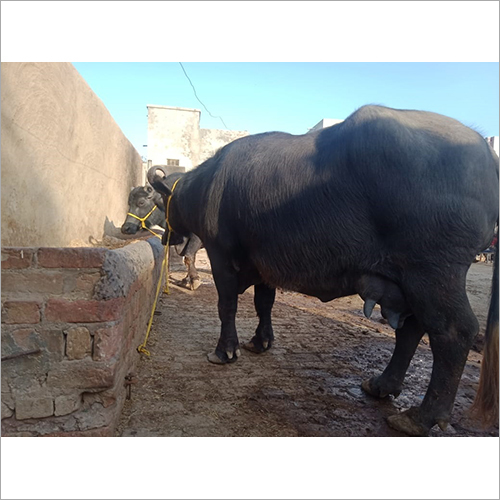
2. Bhadawari
Daily milk average: 2 to 3.95 litre
Cost: 40,000 to 105,000 INR
Other names: Bhadwari Etawah
- They are blackish copper to light copper-colored with wheat straw-like color over the legs.
- India has a population of 105 million buffalos, and 26.1% of the population lives in Uttar Pradesh.
- Bhadawari is an advanced indigenous buffalo breed.
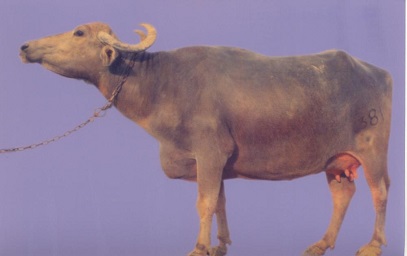
3. Jaffrabadi
Daily milk average: 20 to 24 litre
Cost: 50,000 to 70,000 INR
Other names: nothing
- Jafarabadi buffalo is a riverine buffalo that originated in Gujarat, India.
- This breed is known for its ability to fight lions in Gir forest.
- Moreover, principal component analysis enables rewriting the coordinates of the samples in an axis system more convenient to data analysis.

4. Surti
Daily milk average: 5 to 7 litre
Cost: 60,000 to 100,000 INR
Other names: Surati, Gujarati, Nadiadi, Talabda, Charotar and Deccani
- The breed is named after its place of origin. Coat colour varies from rusty brown through silver- grey to black.
- The Surti is a breed of water buffalo found in the Kaira and Vadodara districts of Gujarat between the Mahi and Sabarmati rivers.
- Shelter is necessary for animals to protect them from heavy rainfall, strong sunlight, snowfall, frost and parasites.

5. Nili Ravi
Daily milk average: 5 to 6.5 litre
Cost: 60,000 to 85,000 INR
Other names: Panch Kalyani
- The Nili-Ravi is a breed of domestic water buffalo.
- Nili ravi are mainly from Punjab with major concentration in Amritsar and Gurdaspur.
- The peculiarity of the breed is the wall eyes.

6. Nagpuri
Daily milk average: 3.5 to 4..2 litre
Cost: 85,000 to 150,000 INR
Other names: Berari, Gaorani, Puranthadi, Varhadi, Gaolavi, Arvi, Gaolaogan, Gangauri, Shahi and Chanda
- It is a River type buffalo. It is a central Indian breed.
- The nagpuri Buffalo is a versatile Maharashtra breed and stands best among the breeds of buffaloes that in adverse climatic conditions combine milk
- These are black coloured animal with white patches on face, legs and tail.

7. Banni
Daily milk average: 10 to 18 litre
Cost: 75,000 to 100,000 INR
Other names: Kutchi or Kundi
- mp to navigationJump to searchBanni buffalo, which are also known as "Kutchi" or "Kundi", is a breed of buffalo found primarily in the Kutch district of Gujarat, India.
- Forehead is elongated and straight with no slope towards horn base. Horns are tightly coiled vertically with single to double coiling.
- district of Kachchh, Sabarkantha, Surendranagar, Kheda, Banaskantha

8. Toda
Daily milk average: 13 to 16 litre
Cost: 40,000 to 50,000 INR
Other names: none
- Toda buffalo is a semi-wild breed of buffalo found in the Nilgiri Hills of the state of Tamil Nadu, India.
- The average lactation milk yield is around 500 Kg with an average fat of 8.22%.
- The colour is predominantly black with a sparse coat of coarse brown hair.
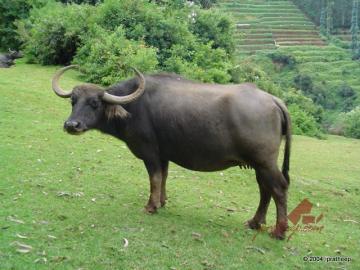
9. Mehsana
Daily milk average: 6.5 to 9 litre
Cost: 60,000 to 130,000 INR
Other names: none
- Mehsana is a dairy breed of buffalo found in Mehsana town in Gujarat and adjoining Maharastra state.
- Mehsana are a breed of water buffalo from the state of Gujarat, India. Mixture of murrah and surti blood.
- The milk yield is 1,200-1,500 kg per lactation.
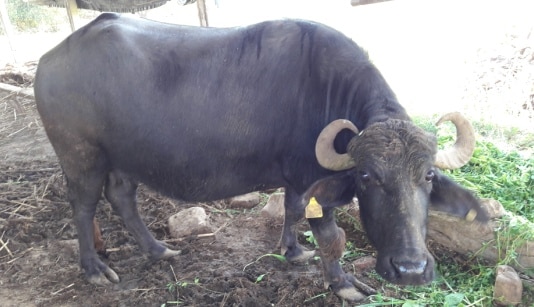
10. Bargur
Daily milk average: 1 to 2 litre
Cost: 14.000 to 22,000 INR
Other names: Malai Erumai or Malai Emmai
- This breed of buffalo is maintained only on grazing in the forest area.
- These buffaloes are found in the Bargur hills in Tamil Nadu.
- Their milk is thought to be of medicinal value.
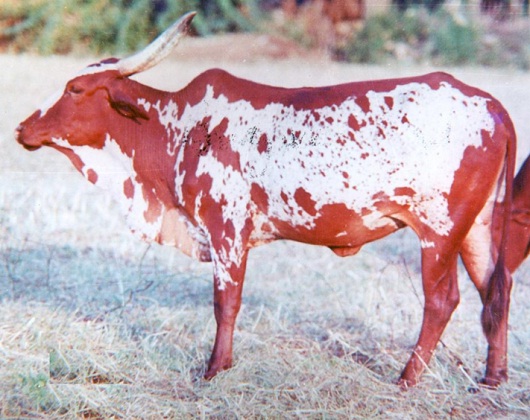
Blog Upload on - Jan. 18, 2022
Views - 4220



